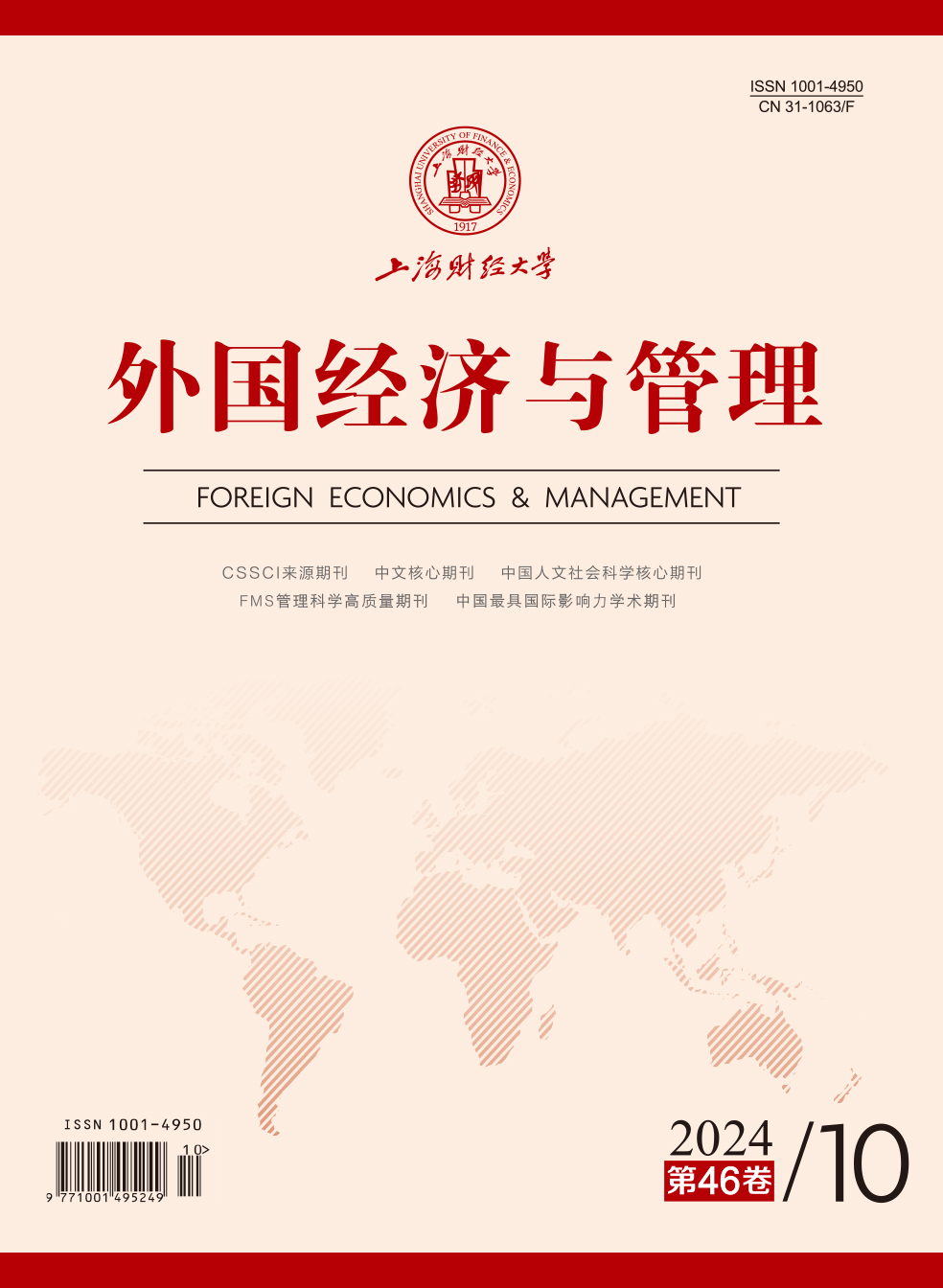Employee knowledge-hiding behavior suppresses the dissemination and creation of knowledge within the organization, weakening the development momentum of the organization. Based on 200 survey questionnaires of employees at multiple time points, this paper explores whether the application of artificial intelligence (AI) technology will trigger employee knowledge-hiding behavior and its mechanism of action. The results indicate that AI applications have a significant positive effect on employees’ relative deprivation and knowledge-hiding behavior. That is, AI applications will cause employees to feel deprived and trigger their knowledge-hiding behavior. Further analysis reveals that relative deprivation plays a partial mediating role between AI applications and employee knowledge hiding behavior; in the process of AI affecting employee knowledge-hiding behavior, human-machine relationship plays a positive regulatory role; ethical leadership negatively regulates the mediating effect of relative deprivation on the relationship between AI applications and knowledge-hiding behavior of some employees. The above findings enrich the research on knowledge management in enterprises under the background of AI, and have certain guiding significance for the decision-making and management of employee knowledge-hiding behavior.
 / Journals / Foreign Economics & Management
/ Journals / Foreign Economics & ManagementForeign Economics & Management
LiZengquan, Editor-in-Chief
ZhengChunrong, Vice Executive Editor-in-Chief
YinHuifang HeXiaogang LiuJianguo, Vice Editor-in-Chief
Will AI Trigger Employee Knowledge-hiding Behavior? From the Perspective of Relative Deprivation
Foreign Economics & Management Vol. 46, Issue 10, pp. 55 - 70 (2024) DOI:10.16538/j.cnki.fem.20231226.101
Summary
References
Summary
Cite this article
He Qin, Liu Mingze, Li Xinyue. Will AI Trigger Employee Knowledge-hiding Behavior? From the Perspective of Relative Deprivation[J]. Foreign Economics & Management, 2024, 46(10): 55-70.
Export Citations as:
For
ISSUE COVER
RELATED ARTICLES




 1263
1263  1423
1423

